Indian Hemp Drugs Commission

Do you know that hemp and India have a rich history together? Hemp has been used in India for centuries, and it has its roots in Ayurveda.
However, hemp has had a stormy past in India. People are now seeing a new future for cannabis in India following more than a hundred years of rising restrictions and possibly prohibition.
But, before we get into the history and development of the Indian cannabis business, let's first talk about its origin in India.
Hemp provides a wide range of medical properties without the euphoric properties of marijuana. There is no THC, the psychoactive component found in weed.
Hemp and marijuana are broad categories of cannabis. Both marijuana and hemp contain THC and CBD; however, Hemp has a high CBD content and a minimal THC content (less than 0.3%), whereas marijuana has a significantly higher THC content.
Whether you currently follow an organic diet, hemp could be an excellent component of your lifestyle.
Origins of Hemp in India
Hemp in India has a rich and extravagant history. Many historians believe that cannabis was first cultivated in central Asia, spanning the Himalayas to Nepal and Myanmar. Not only was hemp prevalent in ancient times, even today, more than 60 percent of the Indian district have also cultivated hemp or wild cannabis.
Although many historians believe that hemp cultivation dates back to 8000 BCE in China, Taiwan, and Japan, its history in India dates back to thousand years. While in China, it was mainly leveraged to make textile goods, shoes, paper and ropes etc., the Vedas regard it as among the five most sacred plants. Its history in India is 3400 years old.
Initially the hemp in India was primarily utilized as a holistic solution for different ailments, nutritional food supplement, and textile goods. Besides, hemp usage in India is further linked to Ayurveda. For those who don't know, Ayurveda was invented almost 3000 years ago.
It is a natural medicine approach that elevates general well-being while preventing different diseases through a good lifestyle and holistic solutions. The Ayurveda richly endorses the other hemp part for various therapeutic reasons.
Legalization History of Hemp in India—The Indian Hemp Drug Commission
In India, the regulatory framework surrounding hemp has evolved over the centuries. Despite its numerous industrial applications, hemp is continuously confronted with the stereotype of its intoxicating relative, marijuana, and that hemp farming in India could eventually contribute to manufacturing and supplying narcotics.
Now looking at the legalization of Hemp in India, it originated during the eighteenth century during the colonialism, while cannabis was prohibited throughout all British territories commencing in the early nineteenth century.
By March 2, 1893, the United Kingdom's House of Representatives was worried about the impact of hemp drugs in India's Bengal state. So the Government of India constituted a seven-member panel to investigate these issues, and they began their investigation on July 3, 1893. Further, Lord Kimberley proposed that the inquiry's purview be broadened to encompass all of India.
The British Indian authorities completed a comprehensive study of cannabis in India in 1894.
After reviewing all of the information about the effects of hemp medications, the Commission concluded that the infrequent use of hemp in low dosages could be beneficial; nevertheless, this use might be considered medical.
The Indian Hemp Drugs Commission (1894-1895) started regulating the use and production of hemp in India from that point forward.
Numerous Indian states passed rules repressing and penalizing hemp production in India and the production and consumption of hemp products, particularly narcotic goods, over the British India rule.
Hemp in the 20th Century & Beyond in India
In the twentieth century and beyond, hemp and India, Hemp was first made illegal on a global scale earlier in the twentieth century. Later in 1925, the International Opium Convention barred the transport of Indian hemp to nations that had outlawed its usage.
Moreover, after 2 different UN gatherings in 1961 and 1971, India approved the Narcotic Drugs and Psychotropic Substances Substances Act, 1985 (the NDPS Act), which controls the production, manufacturing, purchase, transportation, acquisition, and use of controlled substances, psychedelic drugs, and other factory-made controlled substances. The hemp plant has been severely stifled and stigmatized due to this regulatory system.
Since 2015, a global push to legalize hemp and showcase its industrial utility has been ongoing as nations throughout the planet started to legalize hemp and cannabis. Fortunately, the NDPS Act permits particular Indian states to control hemp production, provided they have the technology to guarantee that the THC concentration is less than 0.3 percent. The state of Uttarakhand was the first one in India to declare hemp lawful, allowing for its production.
According to the Food Safety and Standards (Food Products Standards and Food Additives) Fifth Amendment Regulations, 2021 published in The Gazette of India: Extraordinary, Part III, Section 4, November 15, 2021, “hemp seed, hemp seed oil and hemp seed flour shall be sold as food or used as an ingredient in a food for sale”.
According to The Gazette regulations, “Hemp seed means the hulled, non-viable seeds obtained from cannabis sativa/other indigenous cannabis species. The cultivation of cannabis species for the purpose of hemp seeds in India shall comply with NDPS Act, 1985 and rules made thereunder.”
Here’s a copy of the Gazette regulations (Source: Food Safety and Standards (Food Products Standards and Food Additives) Fifth Amendment Regulations, 2021.) [Source]
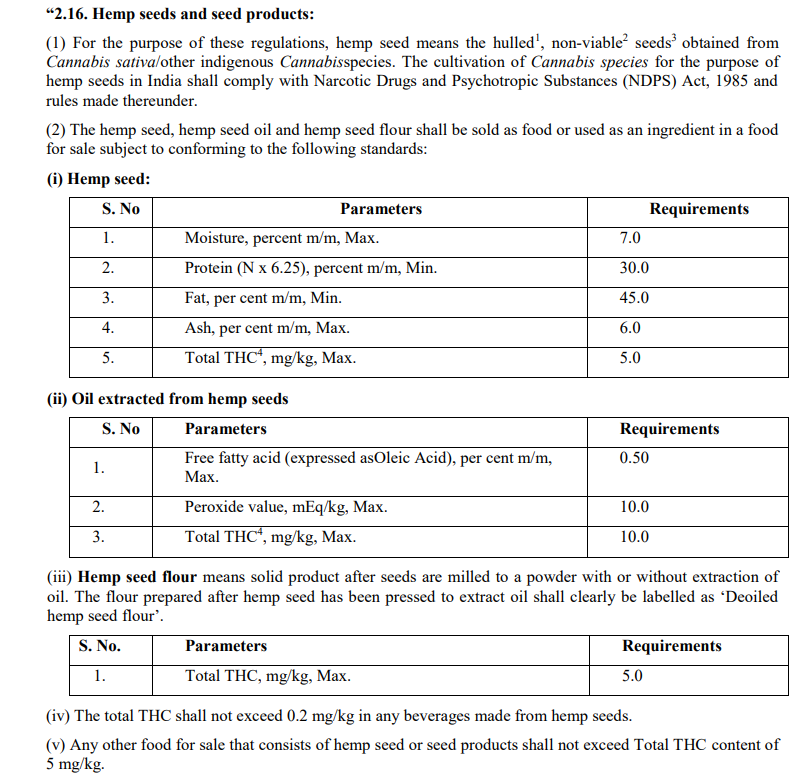
The Takeaway?
Although hemp has a religious and spiritual place among Indians, legalization has been a problem since its inception. Moreover, the Indian hemp drugs commission legalized the hemp after a thorough study of the plant. But soon after that study, the hemp was penalized again for a long time. With a global push toward hemp, India is also witnessing new dawn for hemp.

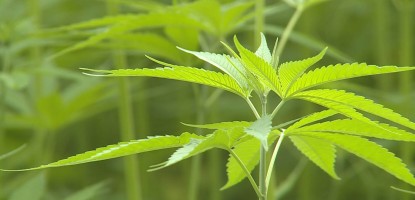
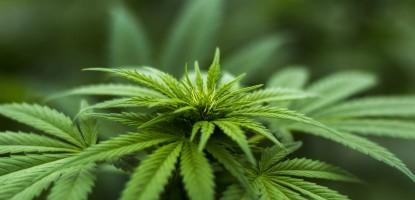
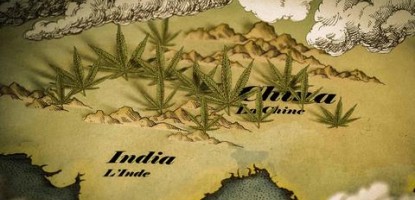

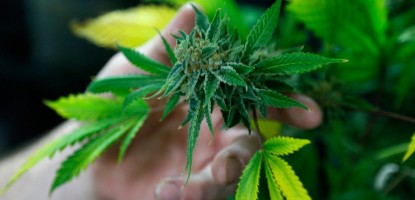
Leave a Comment